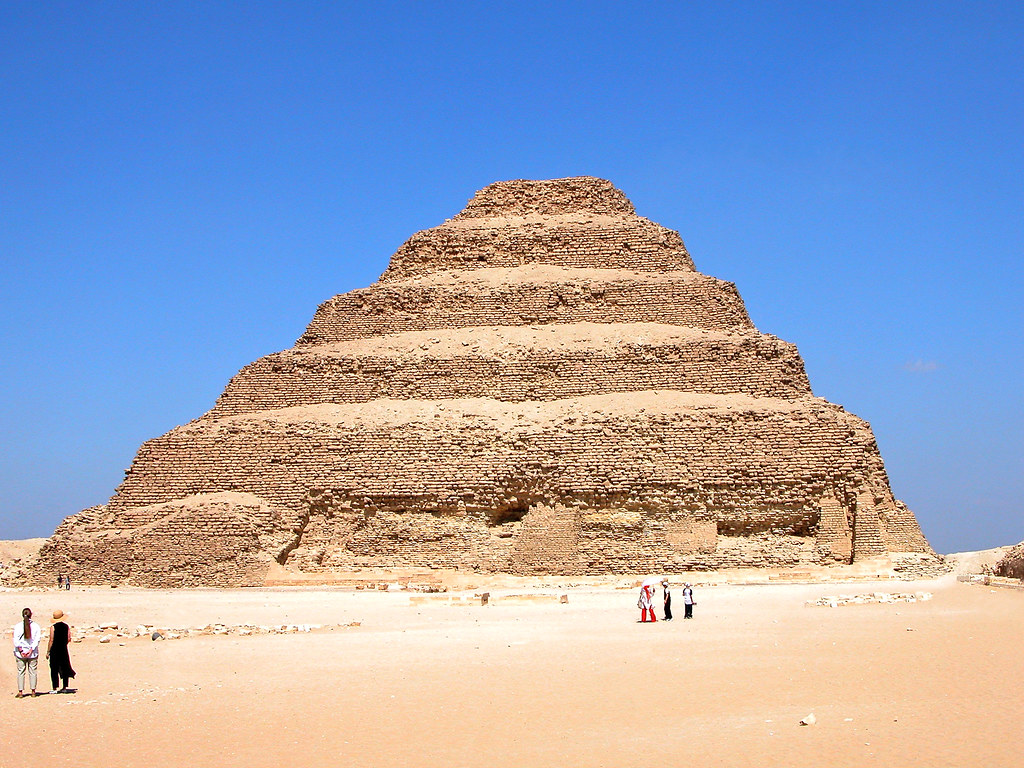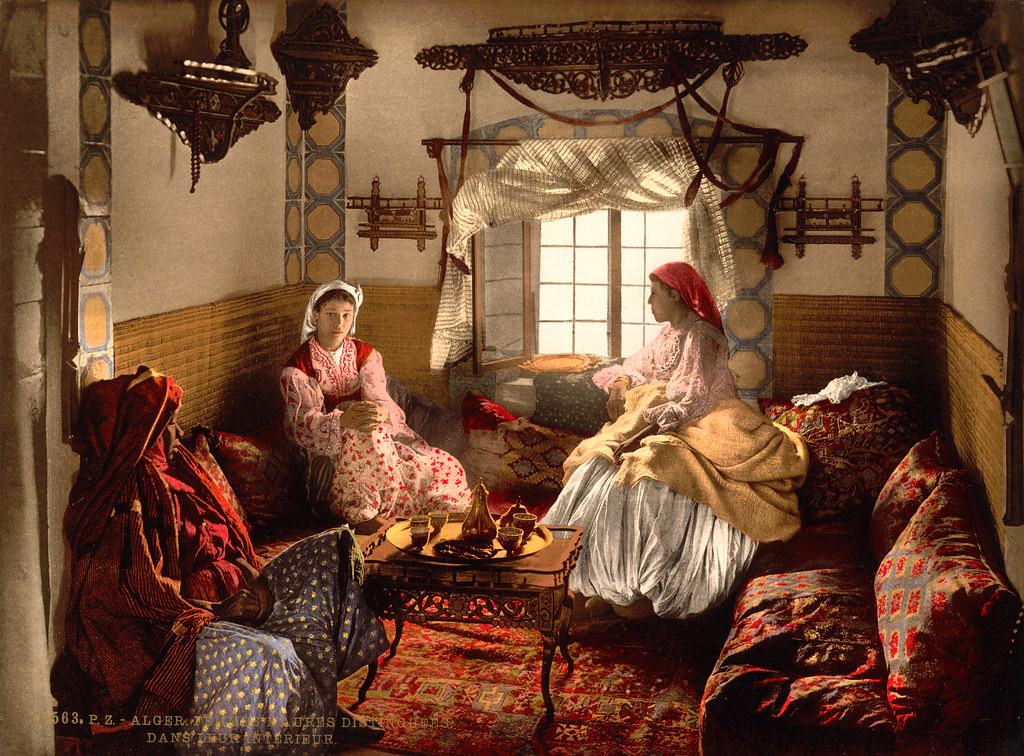One Word 2024: Savor
Every January, in lieu of resolutions, I choose a word to help guide the coming year. It helps inform my thoughts, my words, my actions; it reminds me of what to spend precious emotional energy on. Sometimes, the word is directly linked to my hopes or desires for the coming months. At others, it’s more of a lesson that I began to learn, and I want to walk it out in the new year. Such is the case with my 2024 word: savor.
This word is my invitation to fullness. I have spent so many of my 40 years on this earth shrinking, as many of us women do. We’ve been taught that something is beautiful and worthy only if it doesn’t take up much space. And so we shrink back in both our bodies and our soul; we suck it all in, cover up, hide away– whatever it takes to make our very selves smaller for the sake of others’ comfort.
This year, however, will be the year that I savor the expanse, in whichever way it chooses to come. I will welcome the fullness, the widening, the lengthening, and it will be a good thing because growth is the way of a rich and full life.
///
Additionally, the word “savor” holds a tangible truth for me, as well, and it has to do with the spiritual discipline and theology of food. I have long been fascinated with the meals and customs of people groups around the world; if you were around for my The Table of My Ancestors series, you’ll know I spent half a year cooking dishes found in the countries that my are found in my genetic lineage. The cultural, political, and religious realities behind foods captivate me, and it is incredibly important for me to approach food with curiosity and even empathy, for it teaches me about the narratives and histories of the people who make it. It’s one of the reasons I adored Anthony Bourdain; as Kendall Vanderslice wrote of him in her beautiful essay, “Breaking Bread In a Broken World” after his death, Anthony’s “storytelling reveals the multifaceted image of God reflected in all of humanity and the driving desire for belonging and communion. Though not religious, he modeled the relational responsibility to which Christians are called: welcoming the misfits, expressing compassion for the oppressed, elevating the stories of those who are stereotyped or maligned.” He lived a life that savored not just the food but the stories that went into it; I want to be like that, too.
Furthermore, the communal, expansive aspect of the Lord’s Table is central to my theology overall. One of my tattoos is of a communion table — a tipped over cup of wine, water, and a loaf of wheat because I imagine the feast of the Lord to be simple, maybe a bit messy, but extraordinary nonetheless. In Israel last year, I was privileged to be able to take communion on the very Mount of Beatitudes on which Jesus himself once taught. A group of nearly 40, all ages and races and abilities, l came to the table. We all tasted and saw that the Lord is good. And I cried because it was beautiful, because the very real presence of Christ was in the wheat and wine but also in the wind coming off the sea, in the dirt of the very paths my feet have walked in that land. And that made me remember all the more how important an incarnational faith is, how my God is a God who had meat and bones and probably had sore feet after all the walking like I did, who got hungry and tired like I was, who laughed and loved and prayed just like me. Jesus the man came more alive to me than ever in such an embodied, tactile, tangible, accessible way.
And I also cried because this is what the kingdom of God is like. It is every nation and language and tribe. It is broken people who don’t try to put on appearances but come to the feast because we are hungry and desire our fill. It is sunlight and breeze, sand and grass, in the movement of God at creation that we see still today. It is nearness to God when we mourn, when we make peace, when we show mercy. It is ordinary and holy and community and simple and sacred. I cried because today’s versions of Christianity have diverged so far from this vision in so many ways, and we argue about what elements are appropriate and who can actually partake while all the while Jesus calls to us, “Come! I’ve prepared a place for you, and my welcome is wide — bring everyone!”
We as a people have had a feast prepared for us, and how beautiful it is to savor it.
///
And finally, the word savor is an invitation to slow down. To sink deeper into my life rather than rush through its moments. I’ve been conditioned to constantly be on the look-out for what’s next, what’s coming around the bend, seeking out the next big thing, and as a result, I have missed out on so much glory that’s found in the middle parts. But what might happen if I learn to savor– learn to embrace the pause? If I look for the middle places in my life and intentionally choose to stay there a little while longer? What would I learn about myself? About others? About a society that tells me my worth is wrapped up in what I do, how much I produce, and what I’ve accomplished?
I want to do this better. I want to root myself in the middle places, plant my feet there, and seek the gifts of God. These days I’m learning how blurred the lines between sacred and secular really are, how God in all things isn’t just an empty phrase but a way of life I’ve been invited to. My spiritual director often reminds me that the majority of life is lived in the middle parts, though we tend to remember the mountaintops and valleys much more than our ordinary, steadfast path. For me, savor means learning to do that, too.
So raise a glass with me to 2024, the year of savoring, and all the different ways it can look like.
I’m curious: do you choose a word for the new year? If so, what did you decide on?



